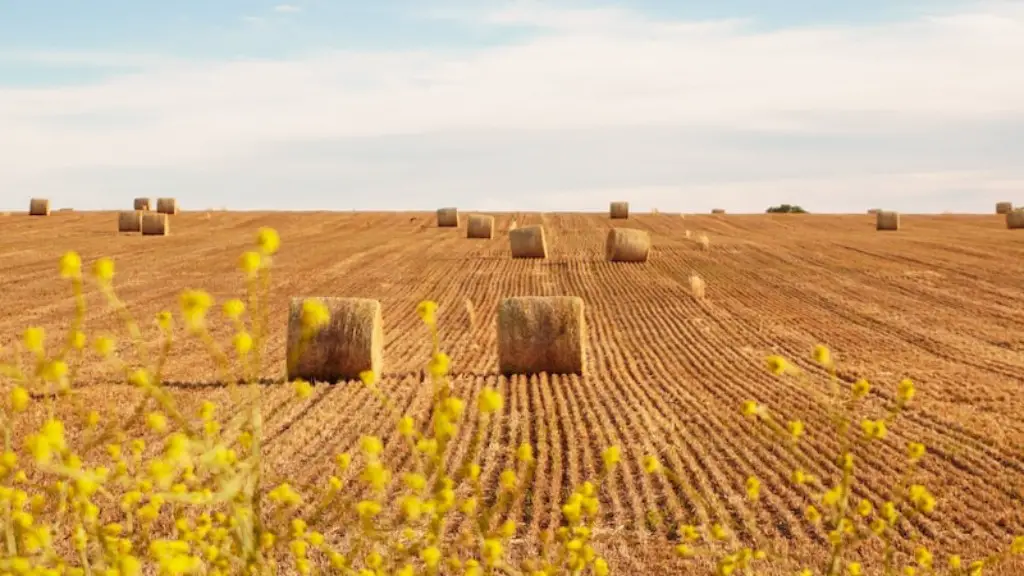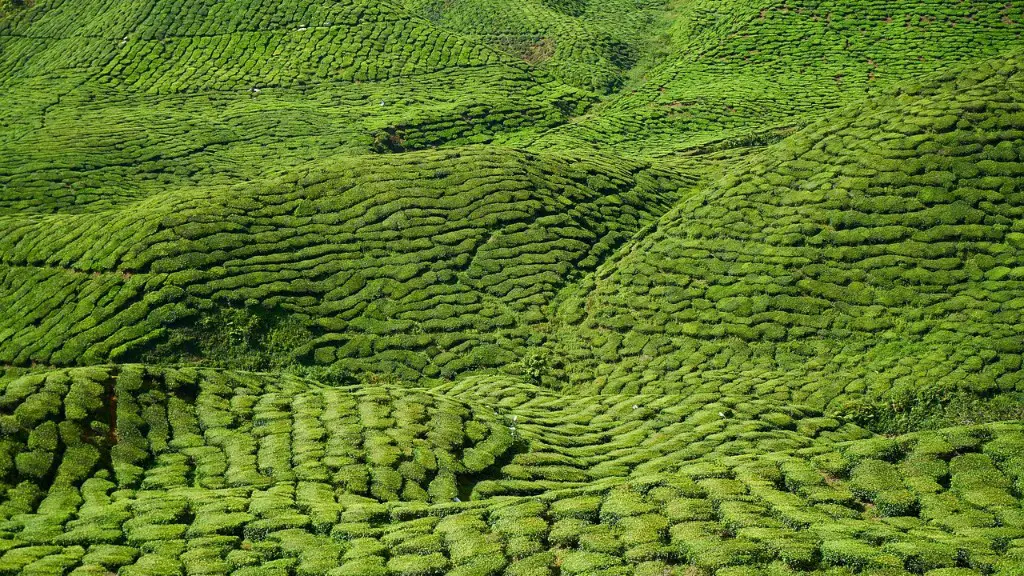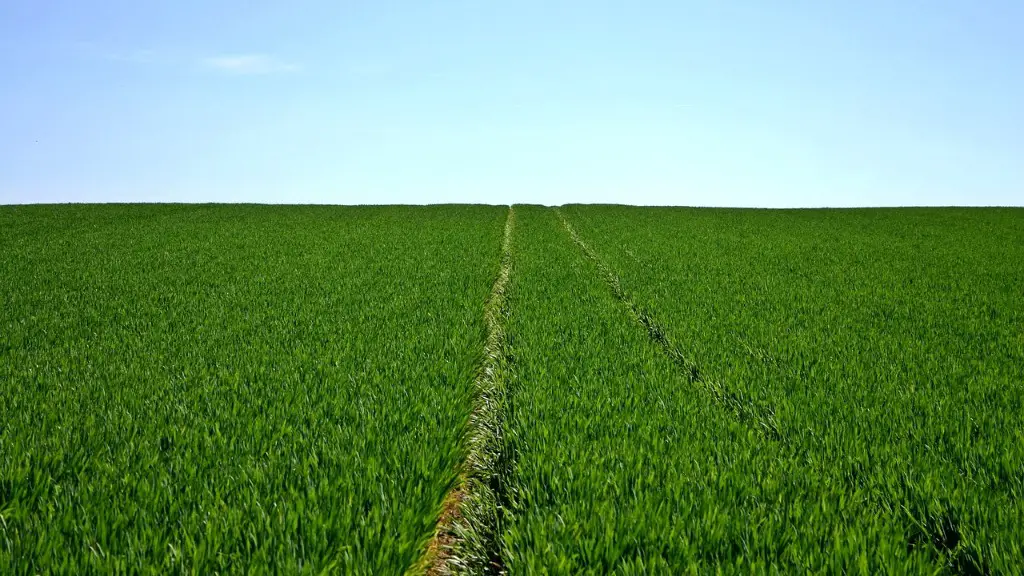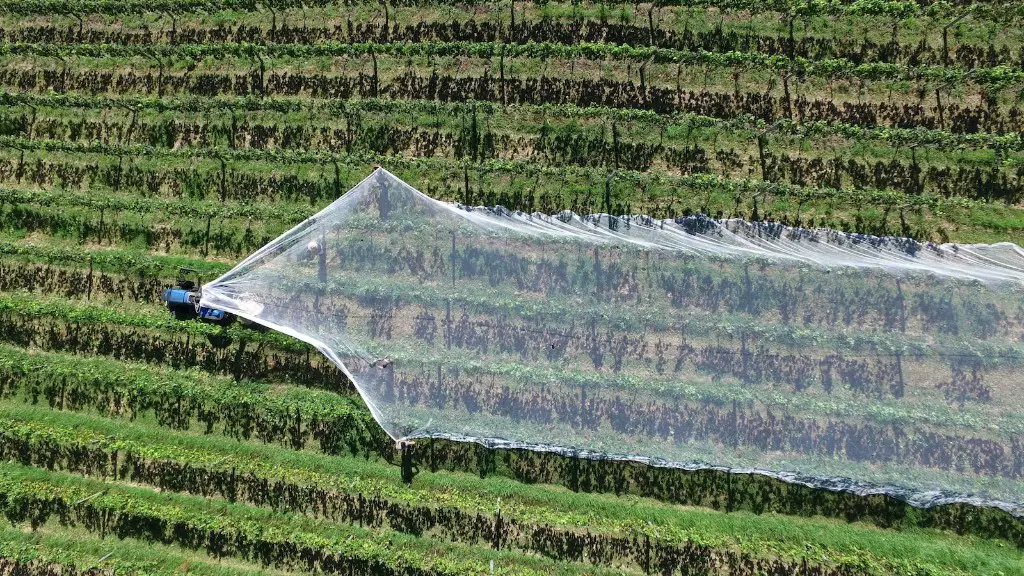Inflation refers to the sustained increase in the prices of goods and services in an economy. It affects different sectors of the economy differently. The agricultural sector is one of the most affected sectors by inflation. Farm inputs such as seeds, fertilizers, and pesticides become more expensive, and farmers have to sell their products at higher prices in order to make a profit. This can lead to a decline in agricultural production, as farmers find it more difficult to make a profit. Inflation can also lead to food shortages, as farmers are unable to sell their products at high enough prices to cover their costs.
Inflation affects agriculture by reducing the purchasing power of farmers and ranchers, and by increasing the cost of inputs such as seed, fertilizer, and fuel. When the cost of inputs goes up, farmers and ranchers typically pass those costs on to consumers in the form of higher prices for food and other agricultural products. High inflation can also lead to higher interest rates, which can make it more difficult for farmers and ranchers to get loans to finance their operations.
What happens to farmland prices during inflation?
Farmland is a great investment for a number of reasons. One benefit is that external factors that can often drive down stock prices don’t typically impact the value of farmland. Farmlands offer unique investment opportunities and tend to be much more stable than other investments.
The forecast for net farm income in 2023 is a decrease of $305 billion, or 182 percent, from the previous year. However, this is still 266 percent above the average net farm income over the past 20 years. The main reason for the decrease is due to the expected decrease in crop and livestock prices. Even with the decrease, net farm income is still forecast to be well above the average for the past 20 years.
Why do farmers like inflation
The farmers wanted inflation because it would increase the money supply and they could get enough money for their crop to make payments to the bank. They knew that increasing the money supply was the only way to get inflation.
The most prevalent effects of rising inflation rates are:
1. Lost Purchasing Power: The most obvious impact of inflation is the loss of purchasing power. This means that each unit of currency you have buys less than it did in the past. For example, if the inflation rate is 2%, then a piece of candy that cost $1 last year will cost $1.02 this year.
2. Higher Interest Rates: In order to combat rising inflation rates, the government will often raise interest rates. This can have a negative impact on businesses and consumers, as it can make borrowing more expensive.
3. Higher Prices For Everything: As the cost of goods and services goes up, so do the prices of everything else. This includes things like rent, groceries, and even your morning cup of coffee.
4. Economic Growth Slows: When inflation rates are high, economic growth usually slows down. This is because businesses are less likely to invest and expand when they are facing higher costs.
5. Anti-Inflationary Measures Can Cause A Recession: In order to fight inflation, the government may implement anti-inflationary measures, such as price controls. However, these measures can sometimes backfire and cause a recession
Is farmland a good investment during inflation?
Farmland is a promising investment at a time when stock prices are slumping and inflation is soaring. Farmland is a real asset that performs well in inflationary environments, delivers stable returns over long holding periods, and exhibits low correlation to financial assets. Farmland is a tangible asset with a long history of appreciation, making it a safe investment in uncertain times.
Land is a great tangible asset to have. Not only does it have the potential to hold its value or increase in value over time, but it can also provide a hedge against inflation. With its many benefits, owning land is a smart investment for anyone looking to secure their financial future.
Who benefits most from high inflation?
Inflation can be a difficult concept to wrap your head around. After all, why would anyone want prices to go up? But as with most things in economics, there are always two sides to the story.
Inflation can be a good thing for some people, while others may not fare so well. Here are seven groups of people who tend to benefit from inflation:
1. Collectors
If you’re a collector, inflation can actually be a good thing. That’s because as prices go up, the value of your collection goes up right along with it. So, if you’re looking to cash in on your collection, inflation can be a real help.
2. Borrowers With Existing Fixed-Rate Loans
If you have a loan with a fixed interest rate, inflation can be a real boon. That’s because as prices go up, your loan payments stay the same. So, in real terms, your loan is worth less and less as inflation increases.
3. The Energy Sector
Inflation tends to be good for the energy sector. That’s because as prices go up, so does the price of oil and gas. And that means higher profits for energy companies.
4.
The cost of inputs is a major concern for farmers as it can eat into their profits. Fertilizer, crop protection, and labor are the top three areas in which farmers are experiencing cost increases. This is a problem for farmers across the United States as 80 percent of them ranked rising input costs as the number-one risk to profitability. Farmers need to be aware of the cost of inputs and how it can impact their business. They should also look for ways to reduce the cost of inputs, such as by negotiating with suppliers or finding cheaper alternatives.
What is inflation in agriculture 2022
As we all know, food prices have been on the rise in recent years and it seems that this trend is only going to continue. In 2022, we can expect to see a 99 percent increase in food prices overall. This means that the prices of food-at-home will increase by 114 percent, while the prices of food-away-from-home will increase by 77 percent. All food price categories tracked by the USDA and ERS are expected to see increases of more than 5 percent. So, it’s safe to say that we’ll all be feeling the pinch when it comes to our grocery bills in the near future.
Investors looking to protect their portfolios from inflationary environments should consider investing in tangible assets like real estate and commodities, which have historically been seen as inflation hedges. Additionally, certain types of securities, such as sector stocks, inflation-indexed bonds, and securitized debt, can help maintain a portfolio’s buying power in inflationary environments.
How do landowners benefit from inflation?
If you are a landlord, increased rental property rates can be a great opportunity to improve your bottom line. However, be sure to monitor your borrowing costs and financial circumstances to ensure that your profits are not eroded by inflation.
Many families lost their farms USA Today (Page B1 – October 5, 2022)
“Agriculture now finds itself on the verge of crisis yet again, as farmers face growing inflation and even higher stakes. Those that produce much of the nation’s corn and soy, as well as raise its livestock, are used to battling the weather. But now they’re also contending with soaring land prices, equipment costs and a diminishing pool of potential workers.
The average farm size has grown significantly over the past few decades, as small family farms have been bought out by large agricultural conglomerates. But the recent trend of farm consolidation has only added to the economic challenges facing farmers today.
The government has long provided financial assistance to farmers, but it has been unable to keep up with the rapidly escalating costs. And with the budget deficit continuing to widen, there is little appetite in Washington for further bailout packages.
As a result, many farmers are being forced to take on more debt, just to keep their operations afloat. And if interest rates rise, as expected, the burden will only become more severe.
The future of American agriculture is very much in question. And the stakes could not be higher, for the farmers who produce our food
What happens when inflation is too high
Inflation can have a number of negative effects on consumers, especially those on fixed incomes or with loans with fixed interest rates. Rising prices can reduce the purchasing power of consumers, and this can be a major cost of inflation. Inflation can also distort purchasing power over time, making it more difficult for consumers to plan their finances.
If you’re looking to protect your money from inflation, experts recommend investing in TIPS, short-term bonds, stocks, real estate, gold, commodities, and cryptocurrency. Cash is also a good option, as it is often overlooked as an inflation hedge.
What are three problems caused by inflation?
Inflation can cause problems for businesses and individuals because it can distort price signals and lead to unintended redistributions of purchasing power. This can make it difficult for businesses to plan for the future, and can make it harder for individuals to save for retirement or other long-term goals.
This increase in farmland values is good news for farmers in the state. However, it is important to keep an eye on the long-term trends to ensure that this is a sustainable change.
Does inflation cause land prices to rise
In general, when inflation increases, housing prices and other real estate asset prices also increase. However, mortgage rates also tend to rise when inflation is high, which can put downward pressure on demand for real estate.
The current rate of inflation is unprecedented and has been a windfall for farmers. Many crops have reached record-high prices, such as wheat. Food is an asset class that is in high demand and will continue to be even as prices increase. This is one of the reasons that investing in farmland can be such a stable and reliable source of income.
Final Words
Inflation affects agriculture by reducing the purchasing power of farmers’ incomes and by increasing the cost of inputs into farming, such as fuel and fertilizers. This can lead to a decrease in the quantity and quality of food produced, as well as reduced incomes for farmers.
Inflation affects agriculture by making it more difficult for farmers to predict their expenses for the year and also by lowering the purchasing power of their incomes. This can lead to farm closures and consolidation as farmers struggle to keep up with rising costs. In addition, inflation erodes the value of land and other assets, making it more difficult for farmers to invest in their operations and expand their businesses.





